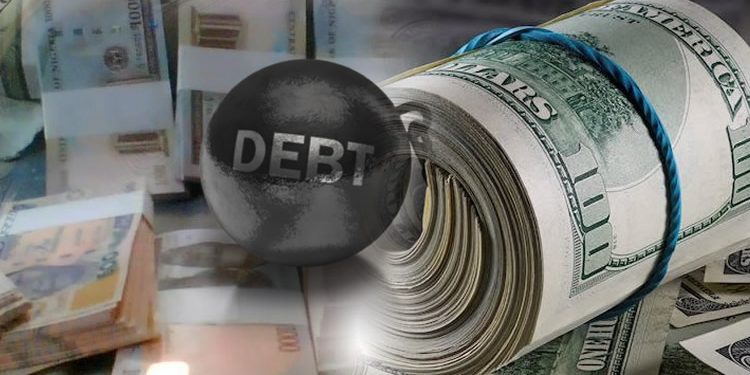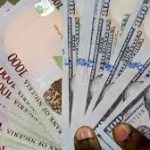Nigeria’s debt servicing costs hit N6.04 trillion in the first half of 2024, a significant 68.8% jump from N3.58 trillion in the same period in 2023, according to the Central Bank of Nigeria (CBN). This surge highlights the growing financial strain on the government, as debt repayments now account for about three times its personnel expenses.
Debt servicing, driven by factors such as naira devaluation for foreign obligations, has escalated to nearly half of the government’s total expenditures in H1 2024, up from 128% in the same period of 2023. Personnel costs, by comparison, only rose by 17.6% to N2.32 trillion, underscoring the growing imbalance between debt repayments and other critical expenses.
In May 2024, debt servicing reached its peak at N2.26 trillion, representing a 332% rise compared to May 2023. The lowest debt service-to-revenue ratio was recorded in June 2024, at 94%, still significantly higher than the 68% recorded in June 2023.
The ballooning debt burden has left the government with fewer funds for essential sectors such as infrastructure, education, and healthcare. In his Independence Day address, President Bola Tinubu claimed his administration had reduced the debt service ratio to 68%. However, CBN data contradicts this, showing a worsening ratio of 162% by mid-2024.
Nigeria’s total domestic and external debts, according to the Debt Management Office (DMO), stood at N121.67 trillion ($91.46 billion) in Q1 2024. Analysts warn that rising debt service costs, combined with a weak naira and tight monetary policies, will continue to pressure the government’s revenues.
Tilewa Adebajo, CEO of CFG Advisory, stressed that Nigeria must initiate debt renegotiation with creditors as the country now spends more on debt servicing than on recurrent and capital expenditures. President Tinubu has called on global leaders to prioritize debt forgiveness for Nigeria and other developing nations, emphasizing the need for multilateral cooperation to ease the debt burden.










